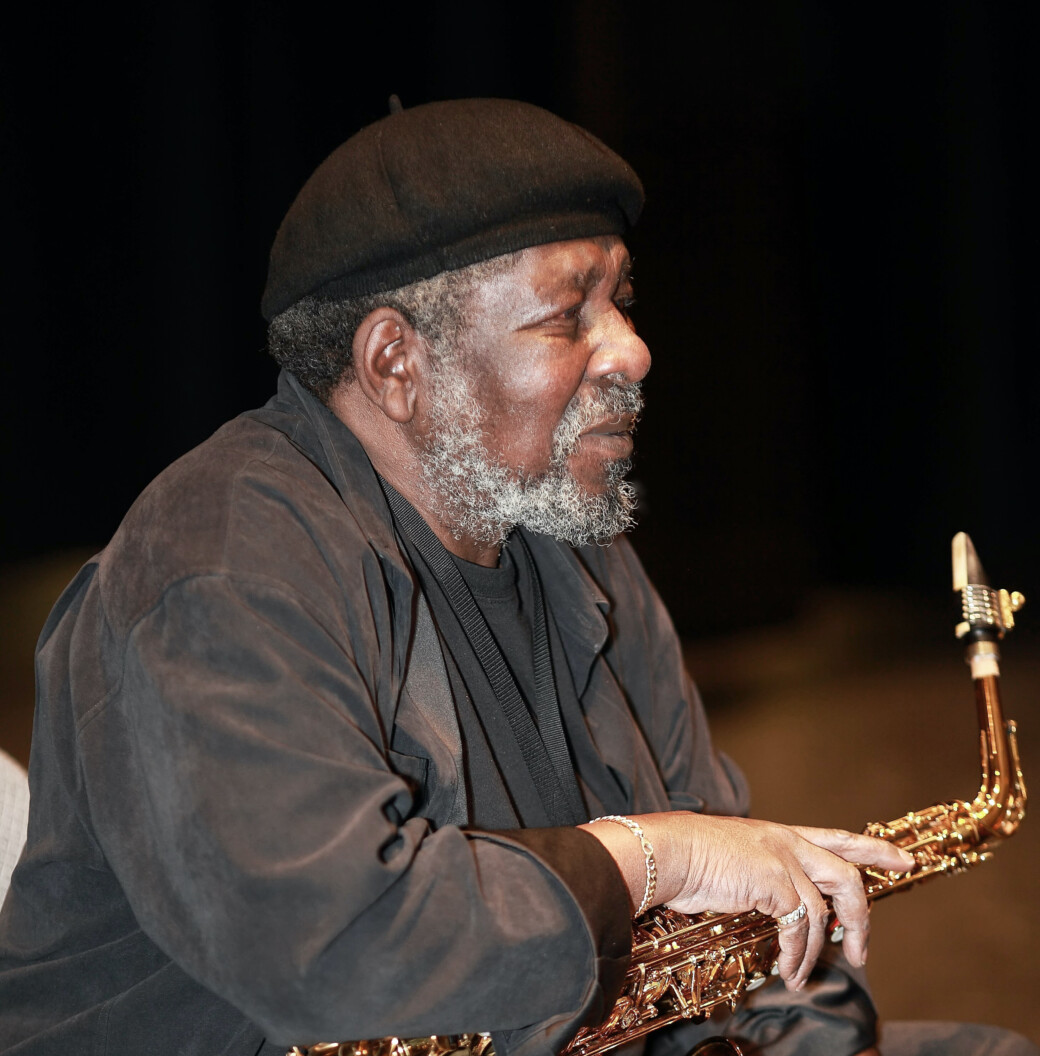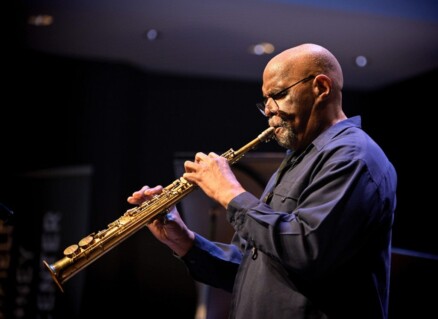Remembering Carl Grubbs, who passed Coltrane’s torch to future generations

Saxophonist Carl Grubbs was just 13 when he met the musician who would become a guiding light, not only in his life but for the future of Black American music: John Coltrane. Carl and his brother Earl were visiting their cousin’s apartment in New York for Easter weekend, and that cousin just happened to be Coltrane’s then-wife, Naima.
The meeting blossomed into a cherished relationship. “As the years went on, when [Coltrane would] come to Philadelphia we’d go over to his house on 33rd Street and ask him questions and he would show us some things on the saxophone,” Grubbs, who grew up in Philadelphia, later told Coltrane biographer Lewis Porter. Those insights would form the foundation for Grubbs’s later work, including with his quintet The Visitors, formed in the mid-1970s with his brother Earl on soprano saxophone, Kenny Barron on piano, Buster Williams on bass and Albert “Tootie” Heath on drums. The group (whose lineup evolved over time) released four albums on Cobblestone and Muse Records between 1972 and 1976.
Earl Grubbs passed away in 1989, leaving Carl to pursue their joint ambition on his own. Twenty-five years later, on Jan. 5, Carl Grubbs joined his late brother, dying in Baltimore of pneumonia. He was 79.
Grubbs had spent the rest of his life passing what he’d learned at that house in Philly — and from years of his own success as a saxophonist, clarinetist and music educator — to the next generation. “He was always sharing his knowledge of what Coltrane had taught him with other, younger musicians,” his wife Barbara Harrell Grubbs told CapitalBop.
Barbara, a lifelong jazz fan, advocate and educator, met Carl in 1976 while the musician was visiting Baltimore to perform a tribute to Coltrane. A mutual friend had invited them both over for breakfast.
“That first day we didn’t have much talking to do because we were listening to music and whatever,” Barbara said. “But we did exchange phone numbers.”
Barbara was then an assistant principal at Southern High School in Baltimore. One day, she got a call from Carl at 11 in the morning, kicking off their courtship. “After that we would talk on the phone in the evenings,” she said. “We talked about music and our lives, just chit chat.” They married in 1980 after four years of dating, prompting Carl to move from Philadelphia to Baltimore.
A little after that time, Carl Grubbs met saxophonist Jaleel Shaw, then a preteen. “He had come back to Philadelphia to do a masterclass when I was a kid,” Shaw told CapitalBop. “He was just a very generous, warm spirit, and he stayed in touch with me ever since then.”
Shaw remembers Grubbs as both an amazing performer and educator, as well as a generous human being always embodying a communal spirit. “One of the things I picked up and learned from him [was] the importance of community,” he said, “the importance of giving back to the community and the importance of bringing the community back into the arts. Or, I should say, bringing the arts to the community.”
In 1997, the Grubbses co-founded the Maryland Center for Creative Music, which presented concerts by visiting artists like pianist Jaki Byard, trumpeter Marcus Belgrave, and fellow saxophonist Julius Hemphill. Later, the Grubbses would form another organization, Contemporary Arts, Inc., to give younger musicians a jazz education. Contemporary Arts runs various programs in and around Baltimore City, including the SAX (Summer Activity Extraordinaire) Music and Dance Camp. “[Carl] was always eager to pass on his knowledge,” Barbara said.
Ebban and Ephraim Dorsey, sibling saxophonists in Baltimore, were amongst the many recipients of that knowledge who now represent the future of the music. “We were both playing alto saxophones in elementary school and I was struggling with the instrument,” Ephraim told CapitalBop. The siblings began to take regular lessons at the Grubbs house, and they felt the impact of his teaching immediately.
“We would spend hours in the basement with him and he would teach us so many songs, like a lot of his originals and classics,” Ebban said. “He was really patient with us.”
“He was very spiritually inclined with his music” Ephraim added, “and also very serious about what this music was, what it does for other people.”
Grubbs reflected to the Dorseys that he and his brother would perform the same way, as a team, and he showed them pictures from their time with Coltrane.
“Every time we got a call from him, he always expressed his support for us, how proud he is,” Ephraim said. “It eventually got to a point where he was like, oh, I gotta catch up to y’all now.”
To his loved ones — and there were many — Grubbs remains a lighthouse guiding younger artists how to create and give art. “I think he’ll always be remembered by his willingness to share, his openness, his sincerity, and his love for the music,” Barbara said.
Ebban noted that he’s been part of many musicians’ journeys, whether officially acknowledged or not, for decades. “I think everyone will definitely agree that he was a legend,” she said.
Baltimore, Baltimore jazz, Carl Grubbs, DC, DC jazz, Ebban Dorsey, Ephraim Dorsey, Jaleel Shaw, jazz, Washington


